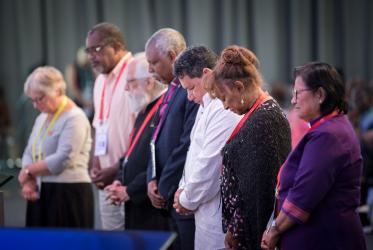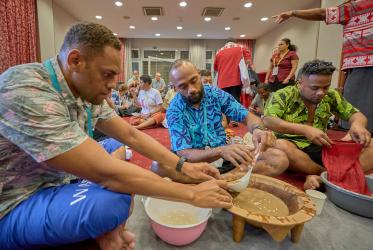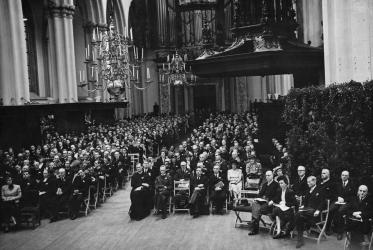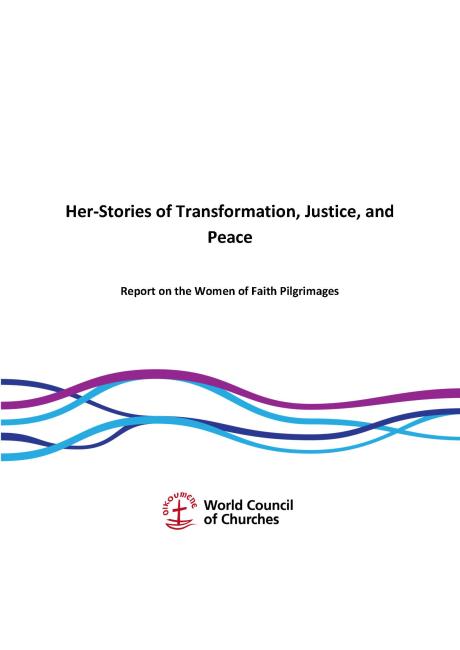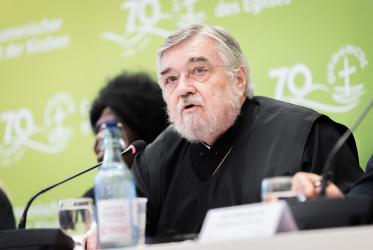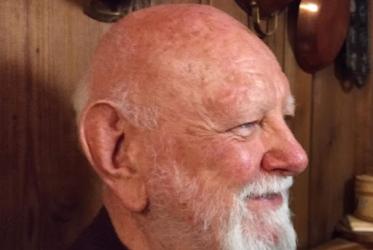Displaying 61 - 80 of 761
Uppsala 1968: The times, they were a’changing
06 September 2022
WCC 11th Assembly elects eight new presidents
05 September 2022
Regional perspectives brought to the 11th Assembly
05 September 2022
Her-Stories of Transformation, Justice, and Peace PJP Series
Report on the Women of Faith Pilgrimages
11 July 2022


